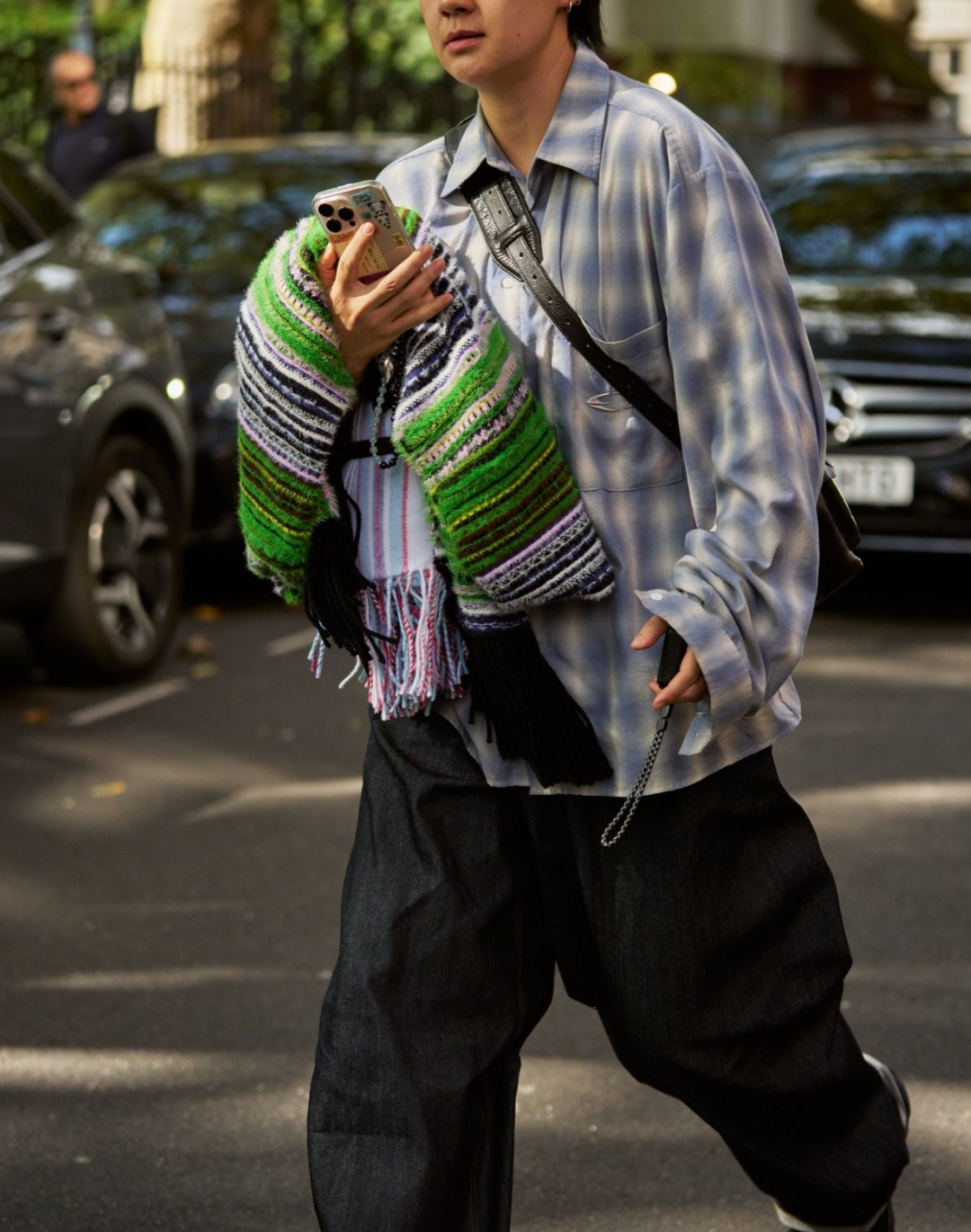
"The Idol" has divided the nss editorial staff For this, we made an article that is both in favor and against it
Last night, animated by a curiosity that only weeks full of controversy can generate, we sat in front of the television set and watched the first episode of The Idol, Sam Levinson's series that premiered at Cannes in May, arousing scandal and disapproval in the media. The reasons for hating the series are many: style over substance, Sam Levinson is a daddy's boy convinced that he is a great intellectual, a vaguely morbid sexuality is scattered in almost every scene, everyone's acting oscillates between the theatrical and wooden, and so on. Nevertheless, in discussing it, the members of the nss magazine editorial staff could not reconcile their views - the series is really that divisive. And so, since in every situation in life one should listen to both point of view, we decided to write a double article, to tell both the point of view of those who could not stand the series (but assuming they would continue to watch it «for the sake of completeness») and who actually liked it.
Why we liked The Idol
@euphoria.ed1t Jocelyn #edit #fyp #theidol suono originale -
Frankly, one cannot live only on deep psychological drama, social satire and good feelings. Sometimes life is complicated, sometimes we are driven by base instincts that we don't want to suppress, and the shadow in all of us just wants to enjoy, as they say in the series itself, «sex, drugs and hot girls» if not in real life at least on screen. The Idol is dirty, naughty, and wild - how long has it been since we've seen a series this insolent and horny on TV? Shall we pretend that what we see in the episode does not exist in real life? Or that sex doesn't sell? We exalt ourselves at the carnage that is Squid Game but is Lily Rose-Depp's semi-nude body and smoking where we draw the line of good taste? It is true that the series is not perfect, some passages are hurried and the plot slender, but to dismiss it all as "torture porn" seems moralistic kink-shaming in the face of the narrative of such uninhibited female sexuality, experienced perhaps carelessly and morbidly but also without prudery or timidity. Jocelyn likes sex, nor does she give a damn that her scandalous photos end up on the Internet - in some ways she is a Millennial and tragic version of Samantha Jones from Sex & The City, whom, let us remember, everyone adores precisely for her unrestrainedness. Nevertheless, nonetheless, in many of the shots one can sense the fragility of the character, her isolation behind the mask of transgression, that self-confidence that arises in response to a hypocritical and exploitative world. The perfect ideal terrain for a frankly disturbing manipulator like Tedros, whom Abel Tesfaye plays as a kind of vampire. The series is not just about sex, but it uses sex to investigate erotic-perverse psychological drives that cannot be named and cannot be discussed in the feel-good terms used, say, in Sex Education, but nevertheless exist whether we like it or not. If then in the coming episodes the tone of the show collapses as it did in the second season of Euphoria, which soon plunged into illogicity and non sequitur, we reserve the right to change our judgment but if one thing is certain it is that The Idol is exciting, deliciously sinful -a guilty pleasure through and through. After all, the very gratuitousness with which sex is staged here is no different from the gratuitousness with which marketing sells us endless products these days; nor is fishing in the murk so unheard of. It brings to mind the famous interview with Quentin Tarantino for the release of Kill Bill, when a concerned lady asked him why there was so much violence in the films, and the director replied, disarmingly sincere:«Because it’s so much fun, Jan!»
Why we hated The Idol
The Idol is simultaneously awful self-parody, a pretentious art project, and grotesquely exploitative of its subject matter. Sam Levinson's dialogue is about as natural as a chicken nugget. The Weekend's performance is awful. It feels like a show made by CIS men cause it is. pic.twitter.com/7gEid4lxLB
— Lord Edge (@cgd0911) June 5, 2023
You know that classmate who went out of his way to be transgressive enough to end up being pathetic? Here, The Idol is exactly that. The first installment of the series could be ideally divided into two parts. In the first, we witness a rehashing of the iconography of the modern pop star, from Britney Spears (quoted directly) to Miley Cyrus, Levinson stages moments, stories, rumors or simply hypothetical scenarios that have always accompanied the lives of the aforementioned singers. Nothing tremendous, for now, at least until the series begins to play so defensive that it gives us a preemptive meta-defense toward the series' detractors. «You college-educated internet people stop trying to cock-block America», repeats one of the characters in the early stages of the episode, as if those "college-educated internet people" are not the same ones willing to pay a subscription to watch what is practically Hannah Montana filled with clichés about sex and celebrity culture. Everything changes, for the worse, when the Weeknd's character, Tedros, enters the picture, starring in one of the most absurd interactions in a series that certainly does not shine for believability in human relationships. After all, if you can really get hooked on a series in which one of the characters approaches Lily-Rose Depp with the phrase. «You fit perfectly into my arms» then we give up. But jokes aside, the problem with this first episode of The Idol is not the spasmodic desire to push on the provocation accellerator with scenes that look like they were written by a film student who just discovered Paul Verhoeven, but the atavistic boredom and flatness surrounding the characters and their interactions. Branching out that smokescreen Levinson has littered throughout the episode's entire minute-long runtime, what is left is a bland, banal drama in which the voice of its creator resembles only a cry of self-assertion from a person who probably thinks crying is "unmacho."















































